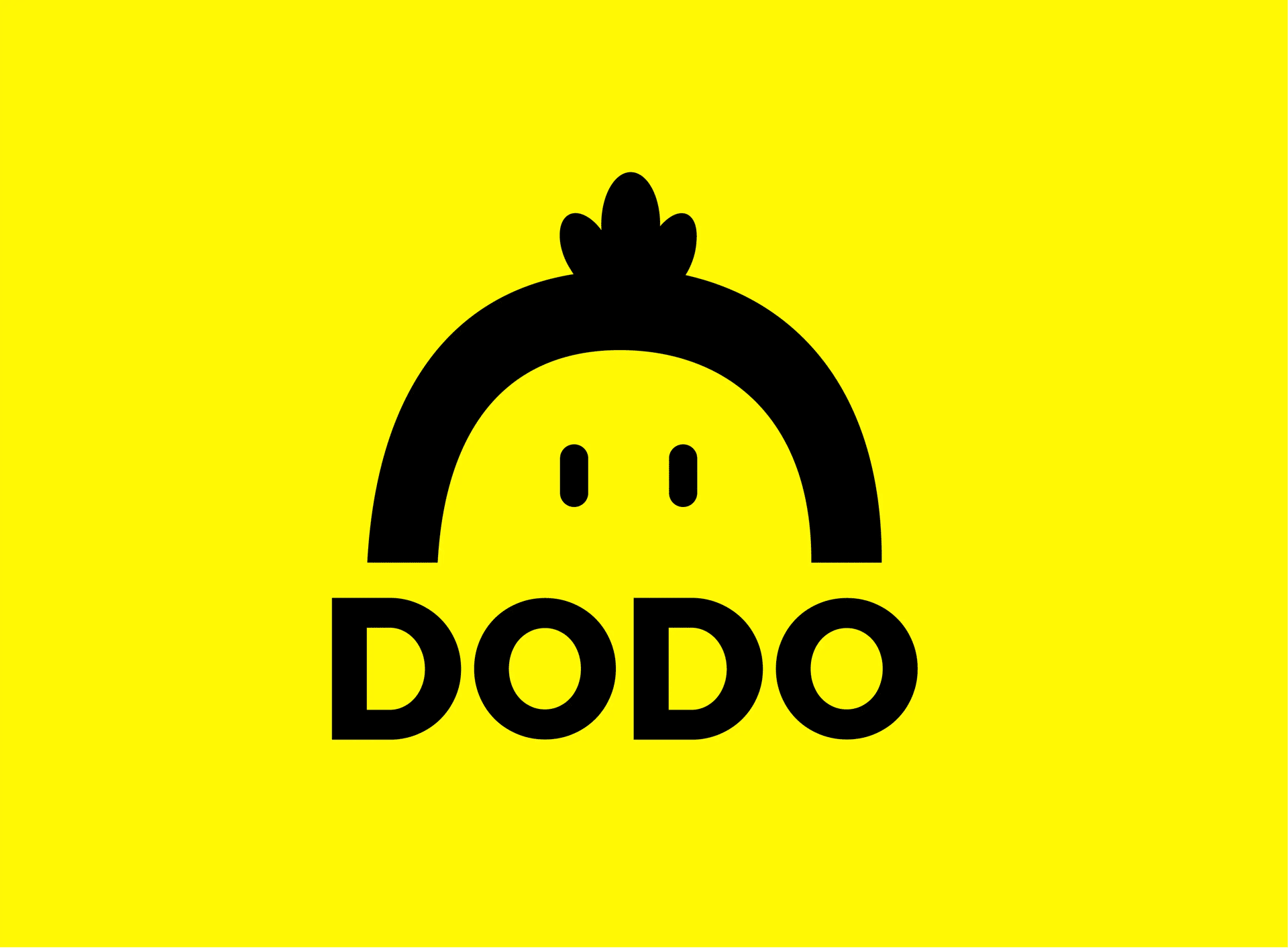위키 구독하기
Share wiki
Bookmark
DODO
0%
DODO
DODO는 탈중앙화 거래소(DEX)이자 암호화폐로, 프로액티브 마켓 메이커 알고리즘(PMM)을 활용하여 모든 사람에게 순수한 온체인 및 계약 충족 가능 유동성을 제공하는 차세대 온체인 유동성 공급자를 목표로 합니다. DODO는 DODO 거버넌스 토큰에 의해 관리됩니다.[1]
개요
DODO는 다양한 유동성 공급자의 자산을 허용합니다. 충분한 유동성을 제공하기 위해 시장 가격 근처에서 자금을 모읍니다. 유동성 공급자에 대한 다양한 상대방 위험을 최소화하기 위해 DODO는 시장 가격을 동적으로 조정하여 차익 거래자가 개입하여 유동성 공급자의 포트폴리오를 안정화하도록 장려합니다. [1]
PMM은 더 나은 유동성과 더 낮은 슬리피지(금융)를 위해 AMM과 중앙화 거래소의 오더북의 장점을 결합하도록 설계되었습니다. DODO는 2020년 8월 25일에 출시되었습니다.[2]
역사
팀
DODO는 중국 DeFi 커뮤니티에 영향력을 행사하는 Diane Dai, Mingda Lei, Qi Wang이 설립했습니다. 2020년 8월 25일에 공개적으로 출시되었습니다. Dai는 중국 최초의 DeFi 커뮤니티를 시작하여 DeFi Labs라는 WeChat 구독 채널과
잘못된 내용이 있나요?
